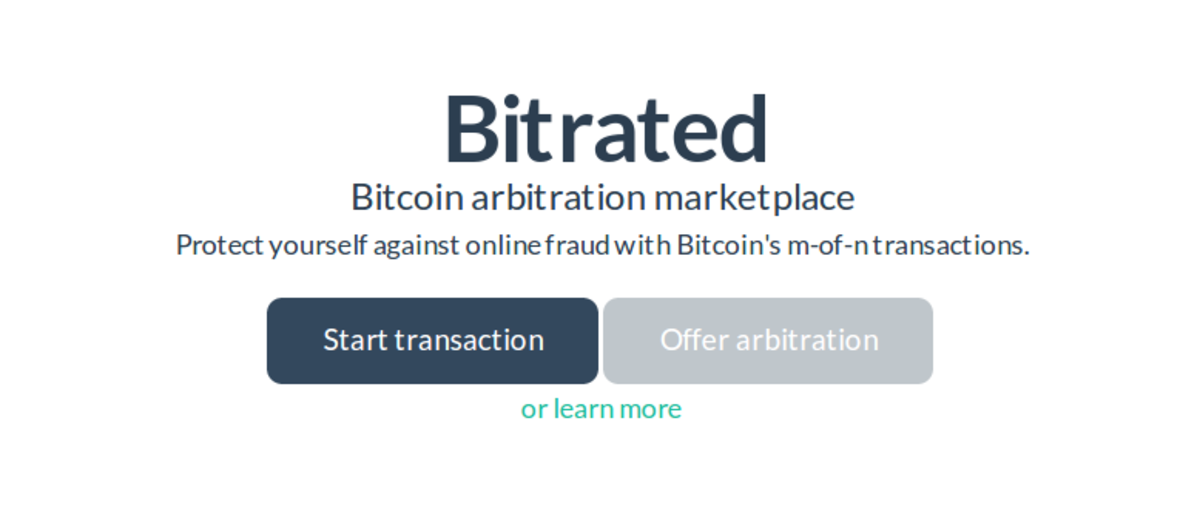On the 6th of December the leading experts and authorities of the bitcoincommunity in the United Kingdom have been meeting the HMRC – Her Majesty’s Revenue and Customs – to finalize the status of the cryptocurrency in official documents and regulations. As practice shows many governmental and state organizations still wrongly interpret the point and principles of the payment method, and without additional discussions and consultations the fragile bitcoin network might be harmed because of harsh decisions.
A group of experts attended a meeting arranged by the HMRC to clear the matters of use and classification of the crypto currency bitcoin. Among the four specialists capable of convincing and explaining the basic rules of the BTC system were Tom Robinson from BitPrice, bitcoin entrepreneur Michael Parsons, Marc Warne from Bittylicious and Eitan Jankelewitz from Sheridans law firm. The main concern of the group, as well as of ordinary users of the coin, was the placing of the currency in the category of vouchers. The most interesting part of this evaluation of the coin brings users to the necessity to pay taxes for the selling and buying transactions. The VAT charged is equal to 20% and is able to affect the future of the currency in the UK in the most negative way possible.
Tom Robinson explained to the journalists that the main goal of the meeting became to clarify the background of the coin, to educate the officials about crypto currency and processes on the network. The result of this lecture seems to be very positive, as the HMRC offers to withdraw previous documentation on bitcoin and change its status, removing it from the voucher category. This move towards the society was described by the bitcoin experts as promising, but the representatives of the power – as open-minded and having deep interest on the question.
The consequences of considering the coin as a single use voucher might bring many business offshore, reduce the transactions to a minimum, as the same actions can be performed outside the country, by choosing a different exchange system. Merchants and vendors accepting bitcoin for their products and services would have to increase the prices, which definitely would lead their bankruptcy and degradation of the sphere.
Some activists of the bitcoin environment see several hurdles that will be appear in the closest future. The implication of VAT to a currency seems illogical to them as well as to the experts, but they would like to know how financial regulation of money will affect the coin and its movement on the network. On the next stair are placed the virtual goods purchased for coins. Should VAT be charged from these deals? Becomes the BTC a good or product, when it is acquired by the users and then it transforms to a type of money that can be exchanged for different materials and goods. The question definitely needs a deeper observation and several more meetings and discussions, mainly because of the flexible nature of the virtual coin.
The bitcoin wallet holders from the UK are holding their breath now, as well as users from all over the world. A successful policy of the HMRC might become a featured example for many other countries ready to make a step forward the promising and progressive payment method.










